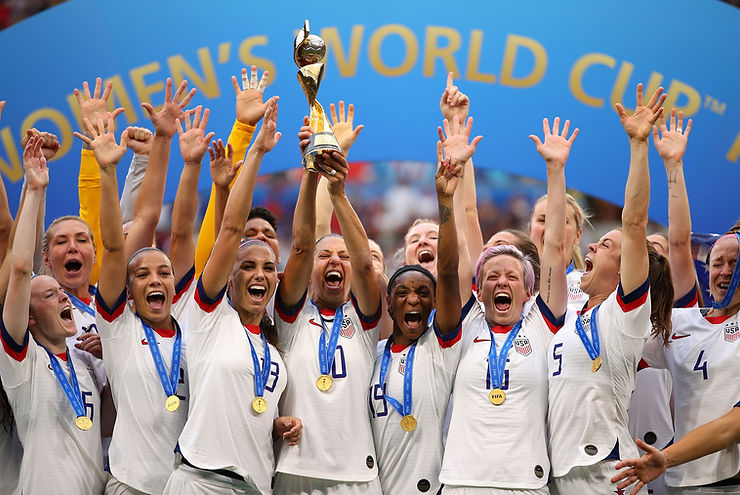By: Jenny Zhou
The Women’s World Cup has started in Australia and New Zealand, and this time, it’s bigger and better than ever before, with a record-breaking 32 teams competing.
The Women’s World Cup will run from July 20 to August 20, staged across ten stadiums in nine cities during the tournament. The USA are the defending champions so far, having won the previous two tournaments in 2015 and 2019. At the previous World Cup, they won 2-0 against the Netherlands, and if they win again, they will be the first team to win three World Cups in a row (BBC, 2023).
There are many star players competing in the World Cup this year. Sam Kerr, from Australia, is the main striker and the most recognizable player on her team. Alexia Putellas, from Spain, is seen by some people as the world’s best female soccer player. Ada Hegerberg, from Norway, boasts eight French league titles and six Women’s Champions Leagues so far.
For this World Cup, eight new teams are joining the competition for the very first time: Haiti, Morocco, Panama, the Philippines, Portugal, the Republic of Ireland, Vietnam and Zambia.
The World Cup will begin with a group stage consisting of eight groups with four teams each. When the group stage matches are completed, the top two teams will continue to the knockout portion of the tournament, starting at the 16th round.
England is one of the favorites predicted to win the World Cup, and it’s the only UK home nation to have qualified for the tournament (BBC, 2023). On August 1, they will face China in their last group game.
The Lionesses (England) were European Champions last year, when they won the Euros, and they’re tipped to go to the top this summer. Unfortunately for them, it won’t be simple, considering all of the other teams that are competing against them for the prize.
Some other favorite countries for the World Cup, alongside England, are Germany, and the number one side in the world, the USA.
Link to article: https://www.bbc.co.uk/newsround/66063766











